Taxing airline tickets is an ‘absurd’ idea
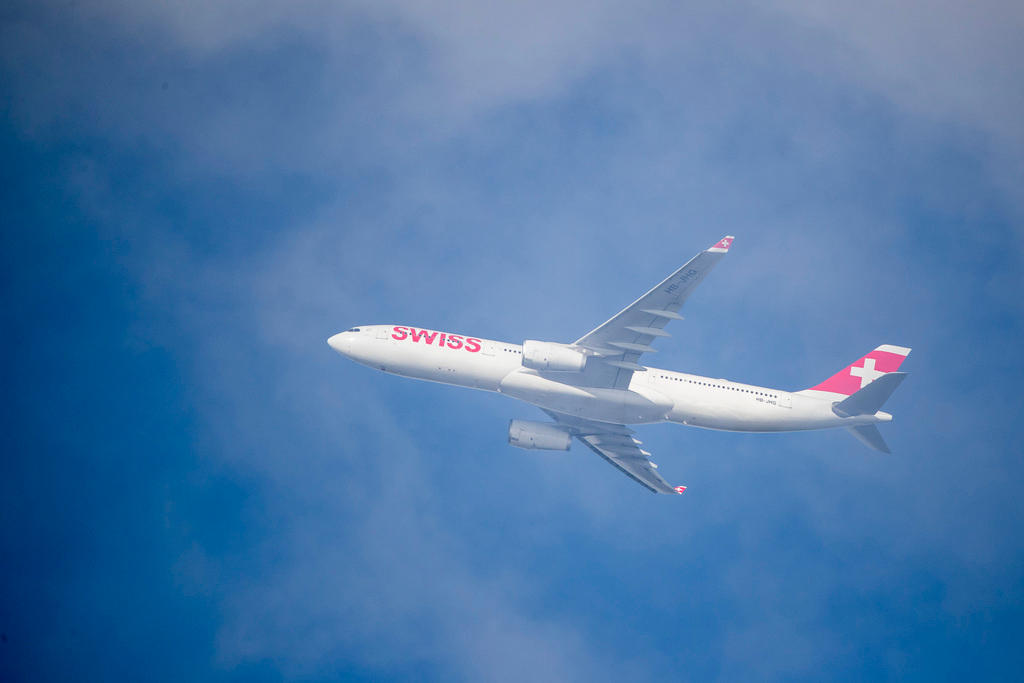
Switzerland, like many other nations, is wrestling with how to curb greenhouse gas emissions caused by air traffic. A Swiss aviation expert outlines how the sector is combatting emissions.
The Swiss love to fly, much more than other Europeans. On average, each Swiss citizen flies 9,000 kilometres a year, according to 2015 figuresExternal link.
Recently, there have been growing calls for stricter rules to curb CO2 emissions in the aviation sector, particularly from young people and environmental groups. Such emissions represent 2.5% of global CO2 emissions, or 10% in Switzerland (2016 figure).
In Bern, leftwing parliamentarians have suggested imposing a climate tax on plane tickets, like those adopted in Italy, France, Germany and Britain. Parliamentarians in the lower House of Representatives rejected such a proposal last December, but it is currently being examined in the Senate as part of the revision of the Swiss CO2 law.
swissinfo.ch talked to Hansjörg Bürgi, editor-in-chief of the Swiss aviation magazine Skynews.chExternal link about the impact of aviation on the environment and what the sector doing to help lower CO2 emissions.
swissinfo.ch: What is the environmental impact of an average airplane?
Hansjörg Bürgi: Each air passenger consumes 3.6 litres of kerosene per 100km, according to the most recent dataExternal link. This compares closely to a car. Over 30 years, average fuel consumption in civil aviation has almost fallen by half.
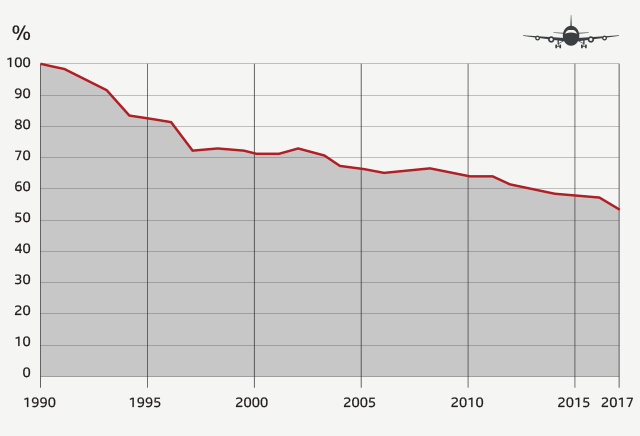
swissinfo.ch: What are the main reasons for this drop?
H.B.: It is mainly due to technological advances. Newer, lighter planes, which are more aerodynamic and have more efficient engines, have started to appear. Around 30% of an airline’s costs are on fuel, so there is a huge reason to lower consumption.
swissinfo.ch: How can additional fuel reductions be made?
H.B.: There’s a lot of work going on looking at hybrid systems with small planes that can carry up to fifty passengers. The idea is to use kerosene for take-off and landing but electric motors once in the air.
Taxing air tickets
Swiss environmental groups believe Switzerland should introduce a tax on plane tickets to ensure it meets its commitments under the Paris climate accord. This position seems to be shared by the Swiss public: at the end of 2018, a poll found that around 70% of people surveyed were in favour of an air ticket tax of between CHF12-50.
swissinfo.ch: So one day we’ll all be taking electric-powered flights, like Swiss adventurer Betrand Piccard did in Solar Impulse?
H.B.: Electric planes are already a reality. In Switzerland, they are used for training flights. Commercial flights still need a few more years. There is lots of technological progress, but for certification issues and licences the process is much longer and more complex.
swissinfo.ch: Swiss parliamentarians are debating whether to tax plane tickets. Is this a good idea?
H.B.: No, it’s absurd. A national initiative or solution doesn’t make any sense. Aviation must be tackled at the global level and that is what the sector is doing.
swissinfo.ch: How?
H.B.: Aviation is the only industry sector which has committed to lowering its emissions. Ninety per cent of all airlines take part in CORSIAExternal link, the United Nations’ Carbon Offsetting and Reduction Scheme for International Aviation. This is like a Kyoto climate protocol for the aviation sector.
Translated from French by Simon Bradley

In compliance with the JTI standards
More: SWI swissinfo.ch certified by the Journalism Trust Initiative









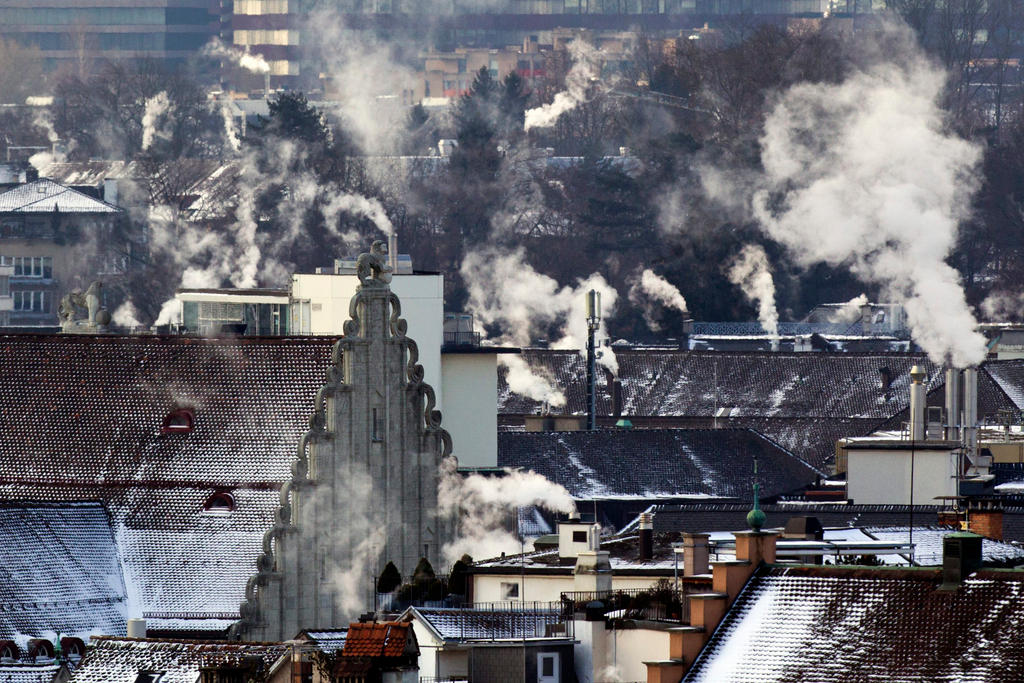
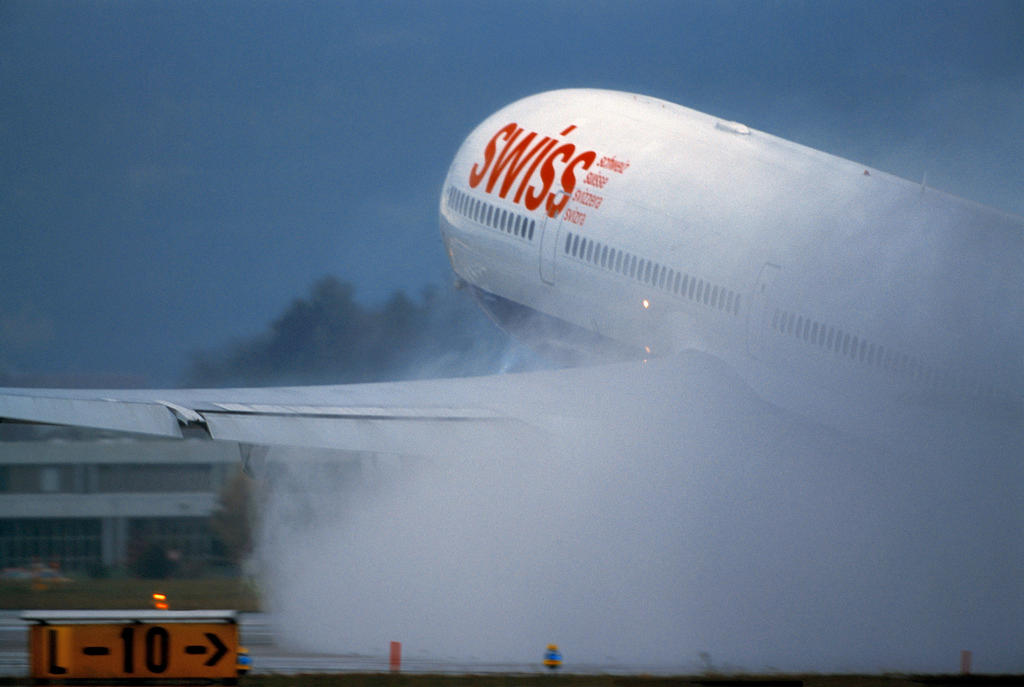

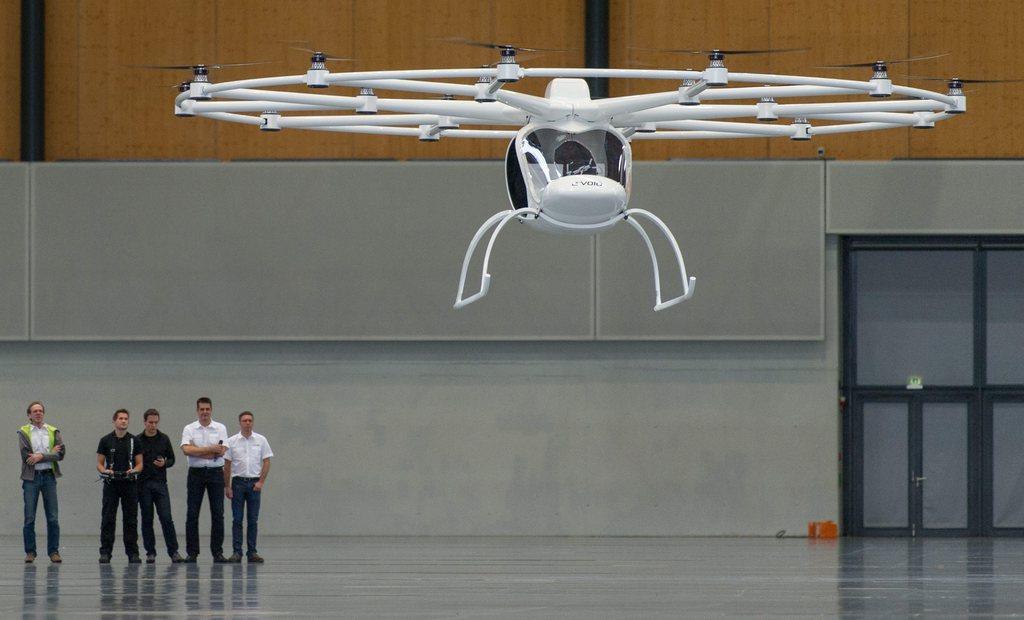
You can find an overview of ongoing debates with our journalists here . Please join us!
If you want to start a conversation about a topic raised in this article or want to report factual errors, email us at english@swissinfo.ch.